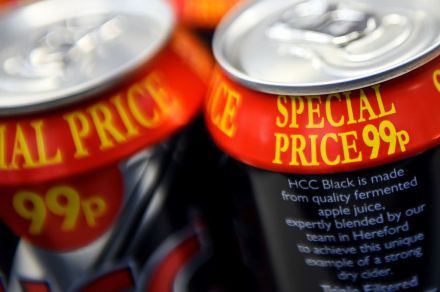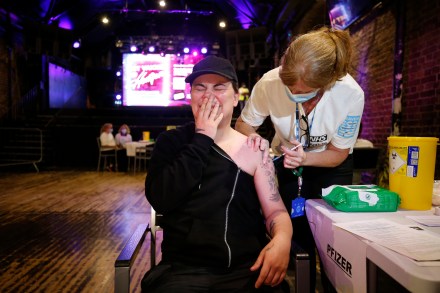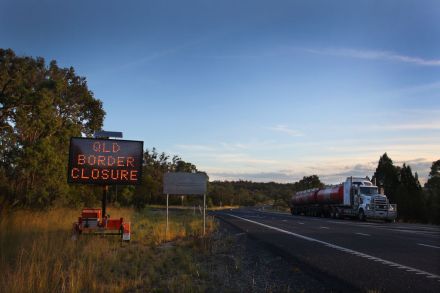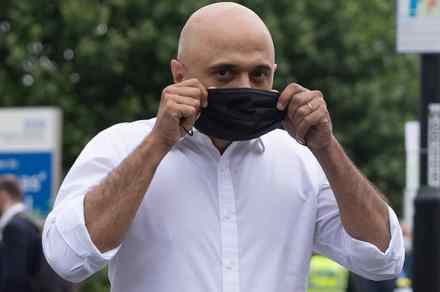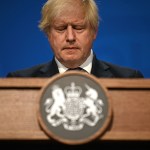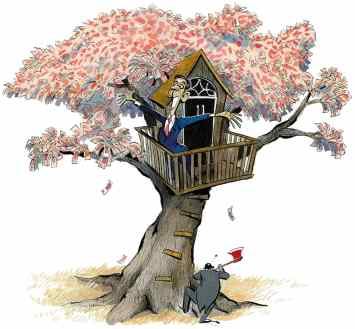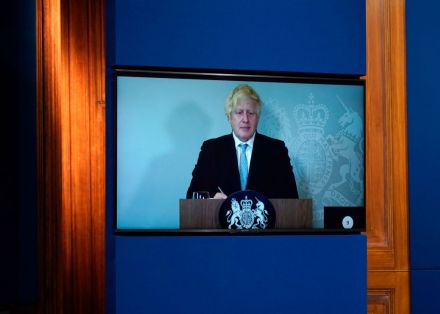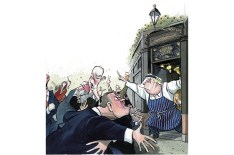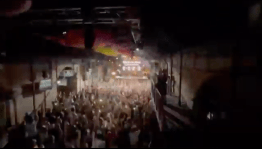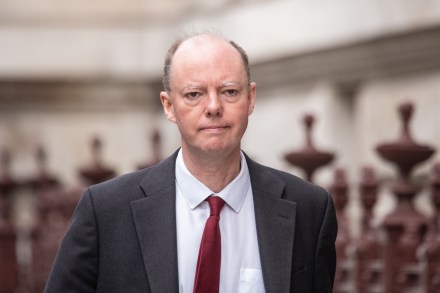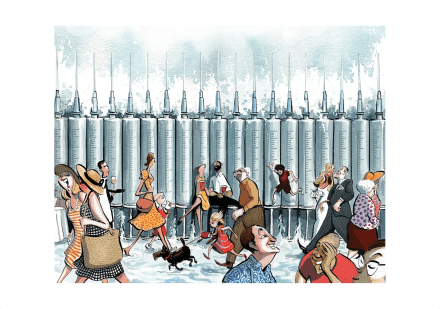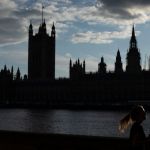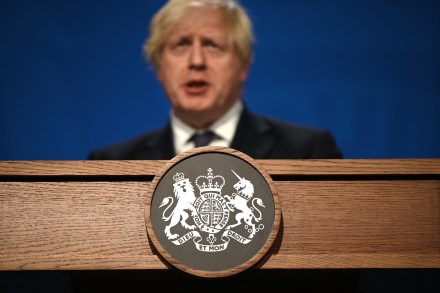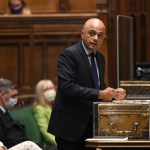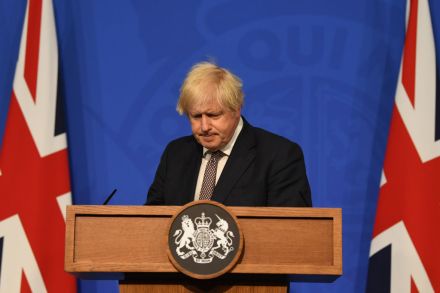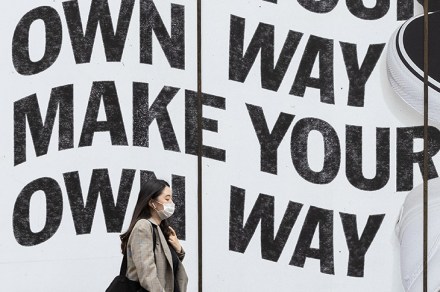The blind spot in the SNP’s ‘war on drink’
Scotland’s grim reputation for abnormally high drug fatalities has become embedded in the public consciousness over the past year. The fact that fake benzodiazepines (‘street valium’) can be procured for 50p a pill on the streets of Dundee and Glasgow is now common knowledge, as is Scotland’s unenviable place at the top of Europe’s drug deaths league table. However, belated attention to this crisis should not allow signs of another to slip below the radar. New figures from National Records of Scotland (NRS) show a 17 per cent surge in alcohol-specific deaths between 2019 and 2020, a rise from 1,020 to 1,190 in the space of 12 months, what NRS
